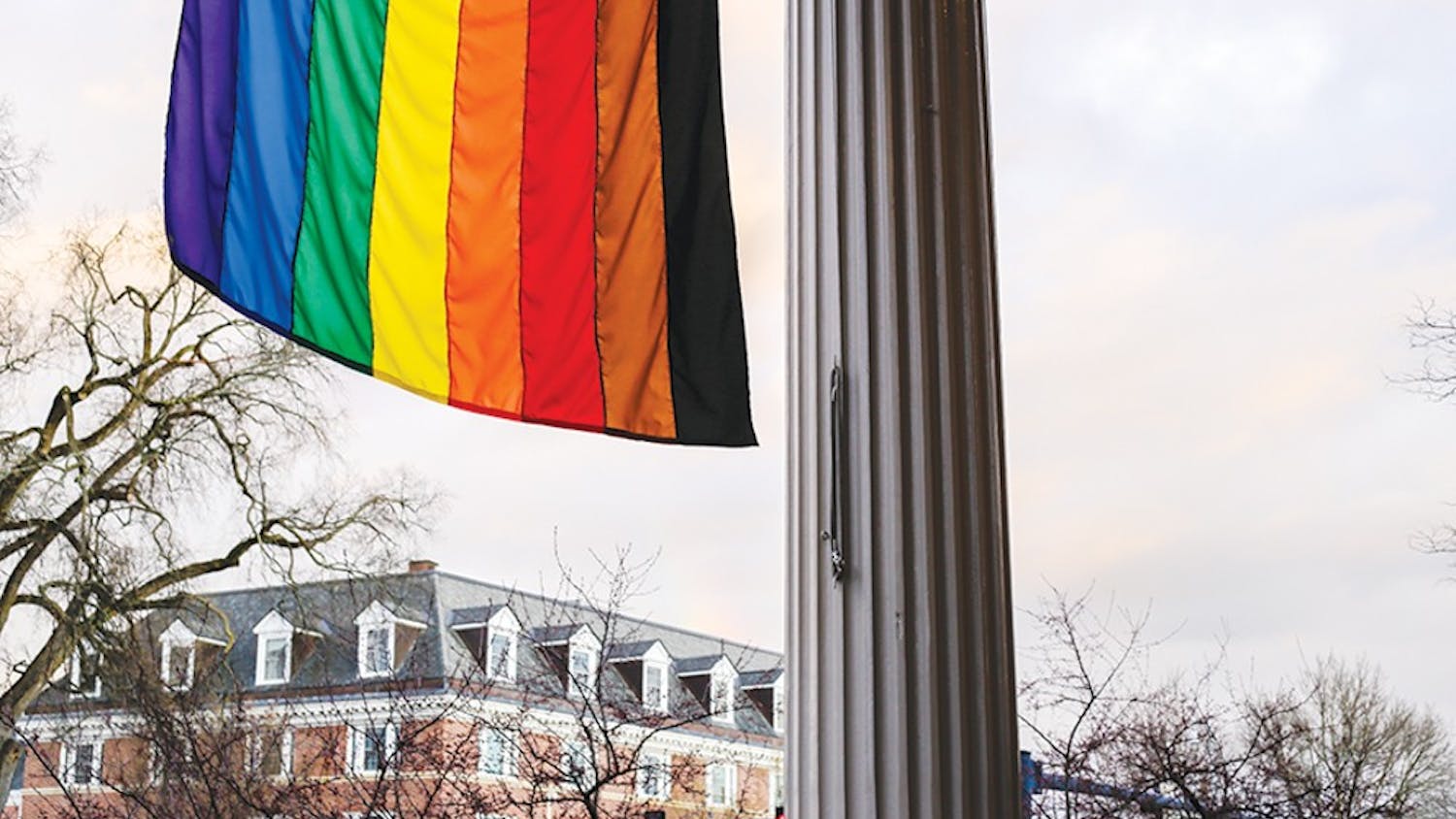In the next few days, people will come together to mark the 30th anniversary of the fall of the Berlin Wall. As a moment of triumph over division and repression, the event deserves recognition. But it would be a mistake to believe that the bringing-down of the wall, and the reunification of Germany that followed, marked an end. Germany is still not a unified nation, and the repercussions of this are only now coming to popular attention.
Following reunification, distinctions between the former nations of East and West Germany gradually began to fade, as the East was integrated into the West’s economy and political system. As more people came to identify as “German” above all else, the tortuous history of separation appeared to be gradually disappearing. Yet, in recent years, the divide between East and West has resurfaced in a dramatic way, with many pointing to the migrant crisis of 2015 as the spark. This divide has manifested itself as a difference in attitudes and values, with the citizens of former East Germany falling back on a defensive populism and reviving their regional identity through a disassociation with the West.
The influx of over a million Syrian refugees into Germany between 2014 and 2016 evoked strong critiques across the country, but drew particularly negative reactions from those in eastern Germany. The eastern Germans felt cheated, as they believed themselves to be refugees in their own right. They were a people transplanted into an alien country in 1990, and left to find their feet. At reunification, the sudden evacuation of state services in the East toppled a major pillar of society, leaving many reeling. And the closure of hundreds of communist-era factories led to widespread unemployment. Despite the progress that has been made since, there remain many issues that continue to plague the East. Only a sliver of Germany’s highest-valued firms are based in the East, and a stagnant productivity gap of 20 percent has separated the two sides of the country for 20 years. These factors have added up to create an underdeveloped capitalist class in the East that feels maltreated and ignored by the prosperous West.
With East Germans feeling dispossessed to begin with, the addition of a million refugees has inevitably stoked tensions. Those very same Germans who feel they have been left behind by Berlin now watch as the government seeks to provide for a million newcomers. Many now agitate for the East to be integrated into Germany before the same is done for migrants. Ultimately, the East Germans have come to the conclusion that the government repeatedly acts without their consent. This is what explains the tectonic shift currently forcing Germany apart.
This sense of exclusion at the expense of others has thrust a regional identity back on the people of eastern Germany. Far from a decade ago, now 47 percent of easterners define themselves as ‘East Germans’ over Germans. In the West, the equivalent figure is only 22 percent. But unlike other areas of the country, such as Bavaria, the East German identity is more firmly rooted in politics than culture. And as one expects from a people who feel excluded from their national government, East German politics has increasingly lurched toward the far-right. The most recent elections saw a surge in support for the Alternative for Germany party — a party well-known for its anti-immigrant, populist rhetoric. The party doubled its vote share in the state of Thuringia in October and made large strides in the states of Saxony and Brandenburg. With declining prospects in the West, the AfD has increasingly fashioned itself as the party of East German identity, with campaign posters stating “The East Rises Up!” And, evidently, the tactic is working, playing off of the disillusionment of the easterners.
For the casual observer, it may be easy to make neat categories, to see 1989 as the end of a divided Germany. But, divisions have a habit of persisting, and many of the inequalities that separated West from the East have left scars that continue to affect attitudes and politics on both sides. Neglecting the enduring effects of 55 years of division risks misunderstanding the present. If we fail to see the divide within Germany that continues to exist, there is no possibility for the grievances of the eastern Germans to be addressed. And this will do nothing to halt the current strain of destructive actions the region is undertaking. As one of the defining victories of the 20th century, it is hard to let go of an event like the fall of the Berlin Wall. Yet, it is more important to recognize the 30th anniversary of the fall as an ongoing process. For, if we see it as ongoing, and not an event in the past, the possibility of change exists. This is the only peaceful way forward.


